We may earn revenue from the products available on this page and participate in affiliate programs. Learn More ›
Don't Donate
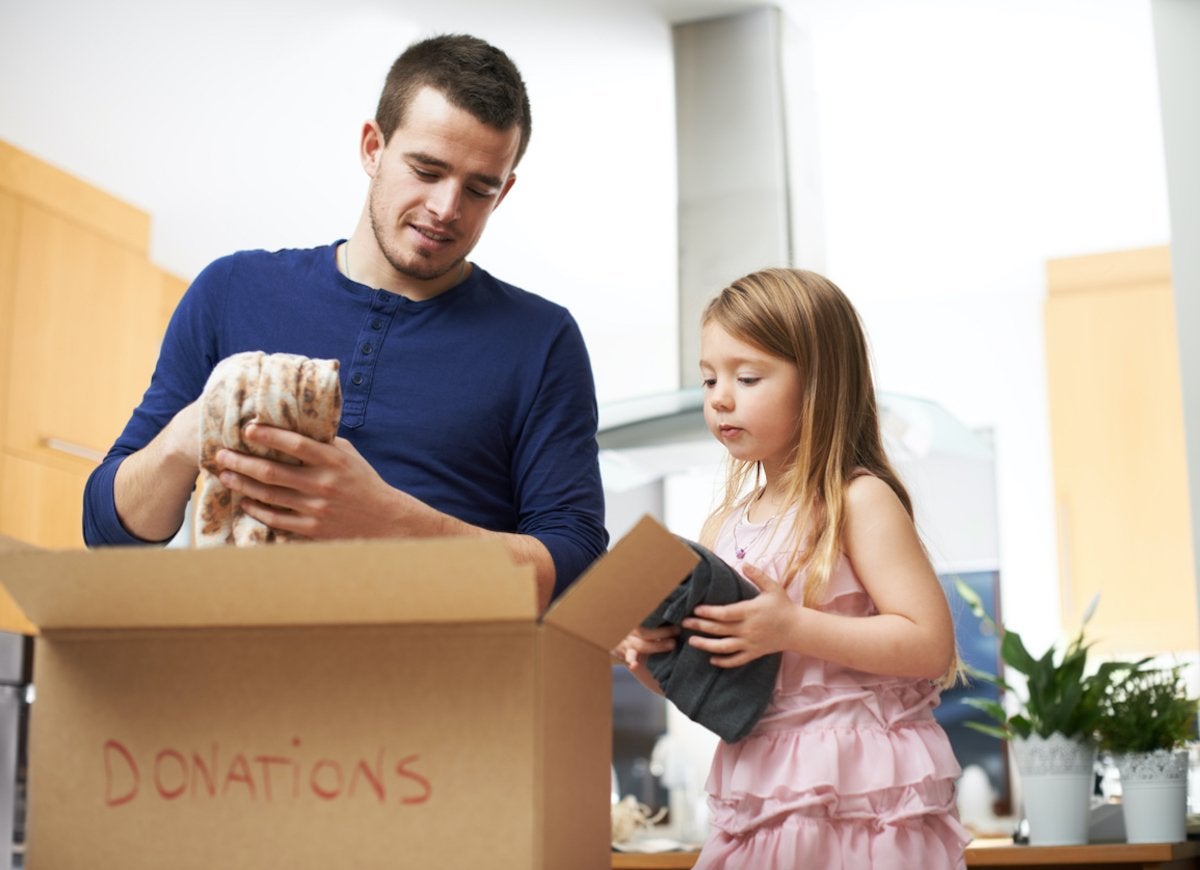
Decluttering is hot right now, and you might be creating a pile of items to donate to your local thrift store. But not all trash can be resold as treasure. Scan our handy list for items that most thrift stores won’t welcome.
Large Appliances
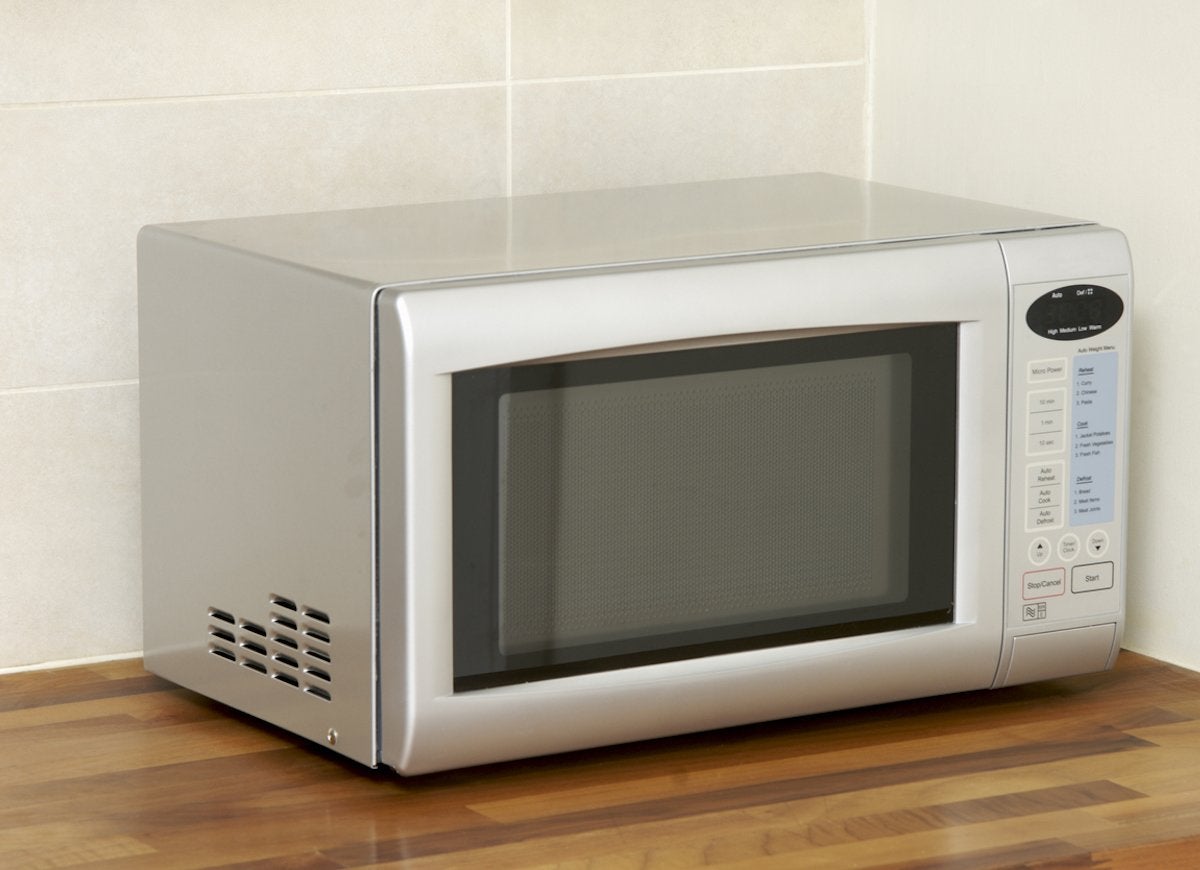
Thrift stores don’t want bulky junk that just accumulates until a waste management service has to be paid to cart it all away. For this reason, they often won’t accept outmoded or poorly functioning appliances, including microwaves, washing machines and dryers, air conditioners, and dehumidifiers. Goodwill, for one, won’t accept large appliances because they’re difficult and labor-intensive to handle.
Mattresses
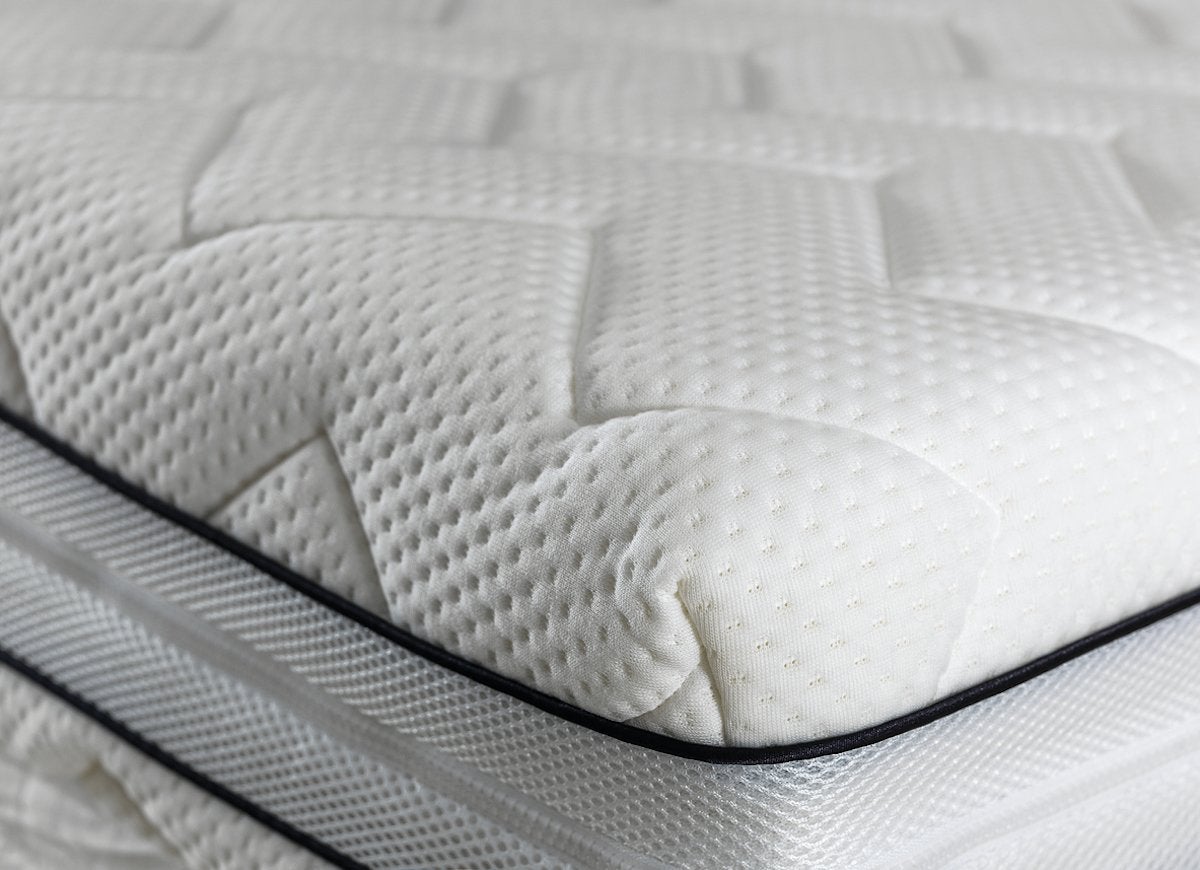
Mattresses, notorious breeding grounds for bedbugs, often top the list of things thrift stores won’t accept. The Salvation Army and Habitat for Humanity, however, do accept mattresses in good condition. If you’re hoping to donate a used mattress, it’s always a good idea to call your local store first or check its website.
Related: 11 Things Never to Buy Secondhand
Pillows
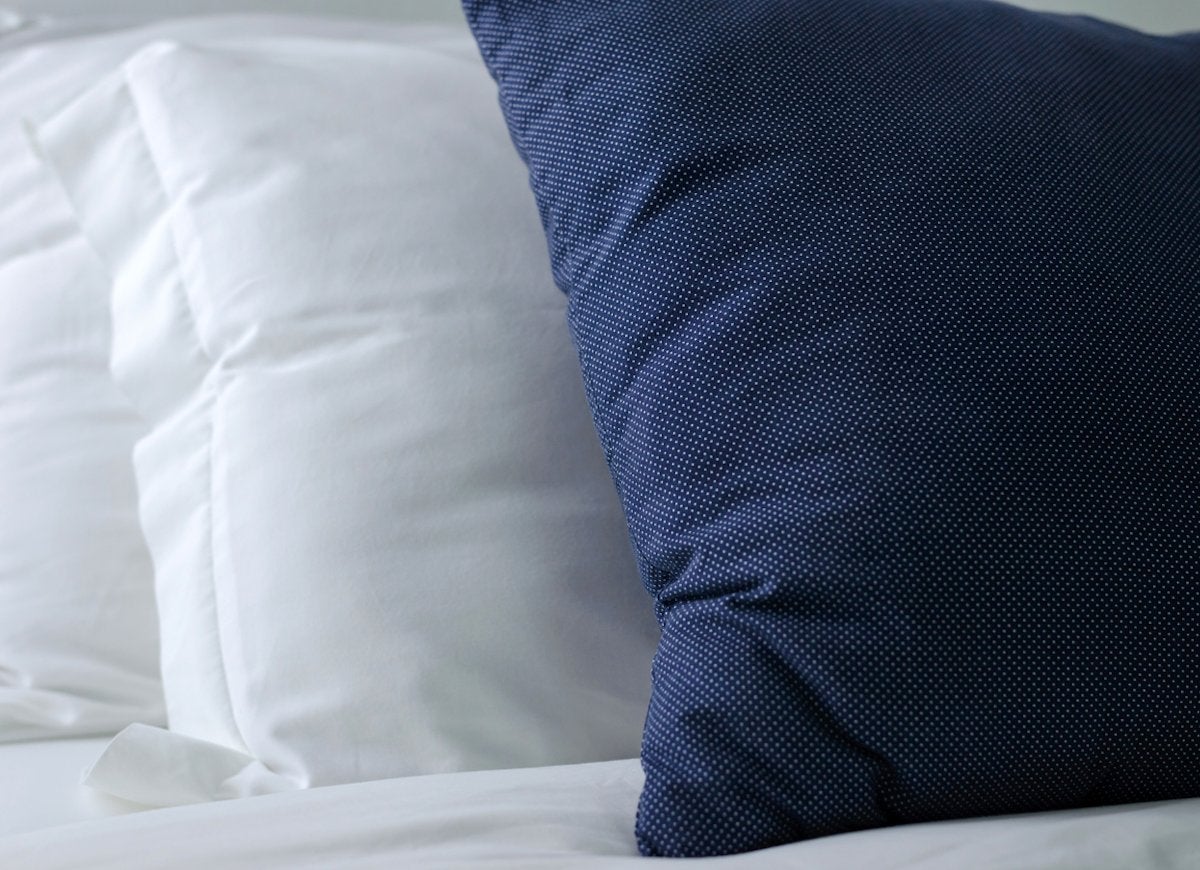
Like mattresses, bed pillows are subject to intimate use that leaves them stained and unsanitary. Even pillows that are in good condition are likely to be refused by thrift stores. To donate pillows, contact local animal shelters; they often use pillows and other bedding in animal crates.
Carpets
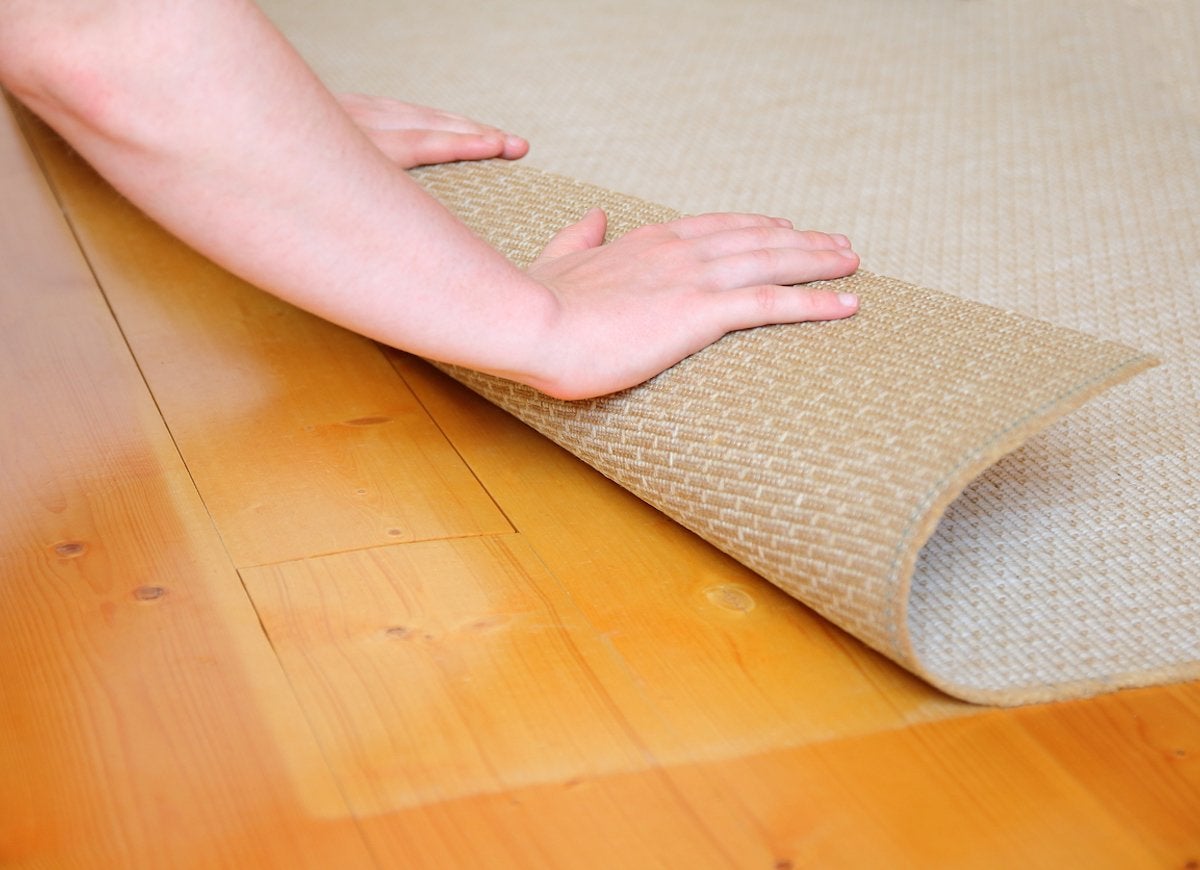
Used wall-to-wall carpeting and carpet padding can be riddled with stains and contain all sorts of allergens, including dust and dander. No one wants to take all that home from the thrift store. If you don’t want to send your old carpet to the landfill, check with your local municipality or nearby recycling centers to see if they will accept it.
Cosmetics and Toiletries
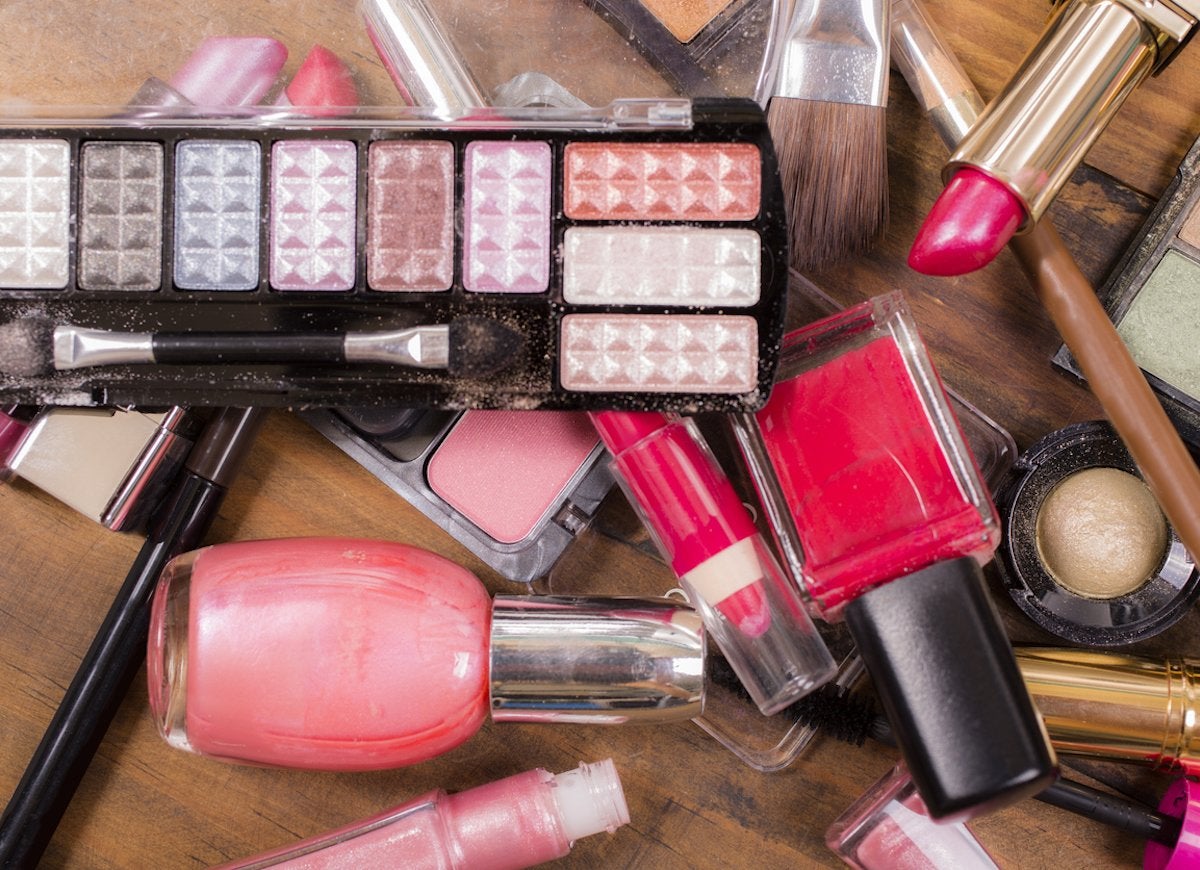
While certain charities can use donations of new, unused personal care items like toothpaste and diapers, thrift stores cannot resell such items. For obvious sanitary reasons, used or opened cosmetics and lotions are a definite no.
Fragrance

Imagine the mess if a bottle of perfume leaked in a home goods store. The mess would be at least as bad in a thrift store, where boxes and bins are often crammed in and balanced precariously. Don’t donate any products that are scented, including home and body sprays.
Cribs, Car Seats, and Strollers

To be deemed acceptable for sale, baby items must meet the current safety standards set by the U.S. Consumer Product Safety Commission. Most thrift stores simply do not have the bandwidth to keep up with recalls and recommendations; in fact, some big players like Goodwill don’t accept cribs at all.
Walkers
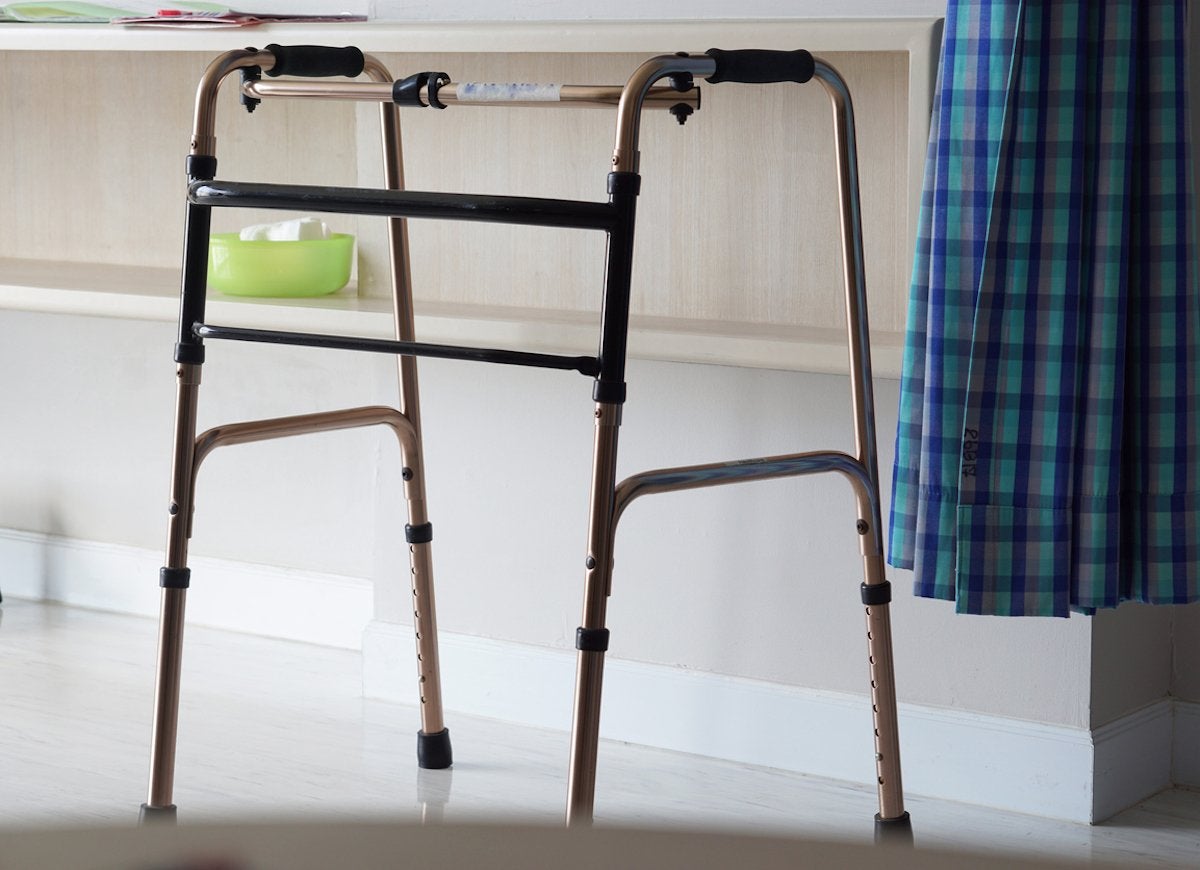
Donated walkers may not be in the best condition and could as a result cause accidents. For this reason, thrift stores often won’t accept them. If you have a walker that is safe to use, speak with medical charities in your area to inquire about donation.
Recyclables

That’s right—don’t take old magazines and newspapers to your local thrift store. Used bookstores may accept more valuable print materials that have been well preserved. You may also find takers on platforms like Freecycle or Craigslist, as some crafters like to use old newspapers and magazines for decoupage or school projects. If you have current magazines, check with local libraries or retirement homes to see if their communities may be interested in the latest seasonal recipes or fashion advice.
Weapons
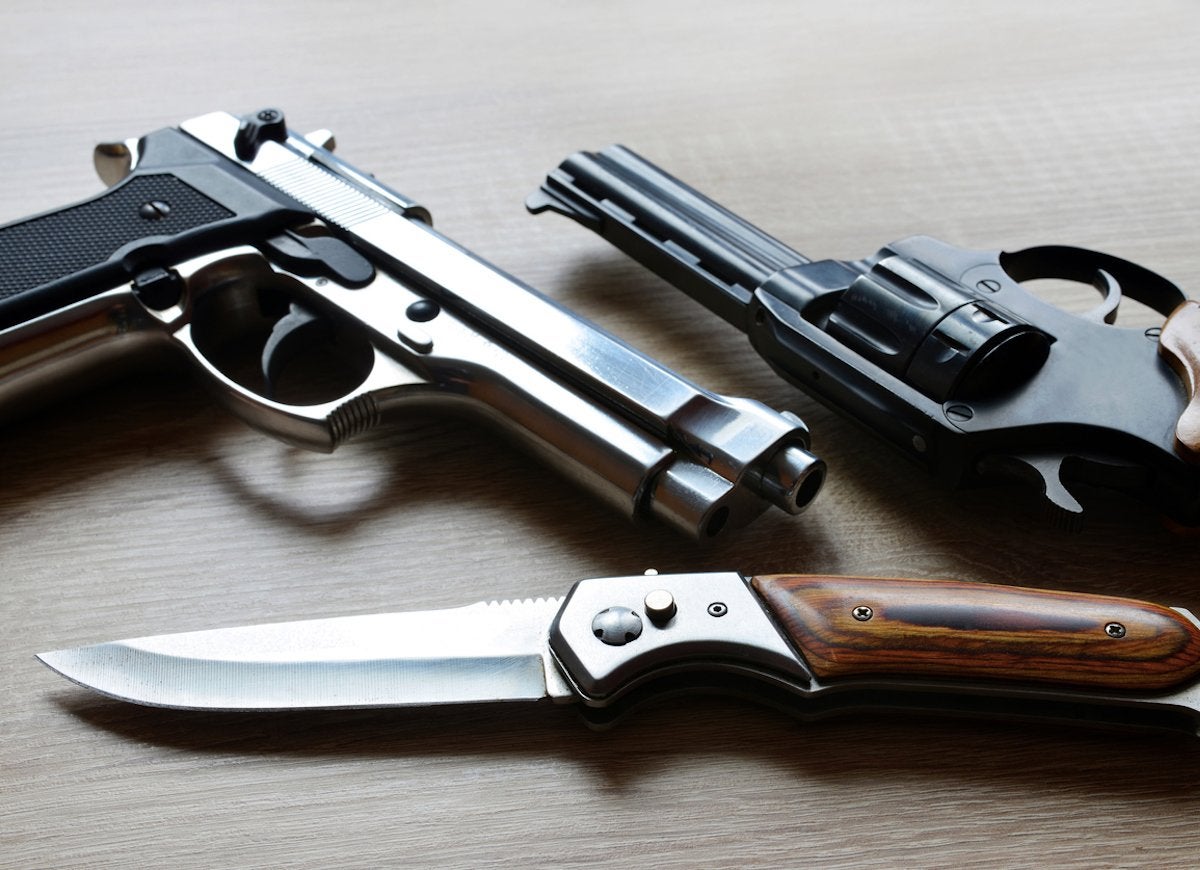
Never, ever donate dangerous objects like pocketknives, tasers, and pepper spray to a thrift store. Contact the National Center for Unwanted Firearms to safely dispose of guns.
Toys
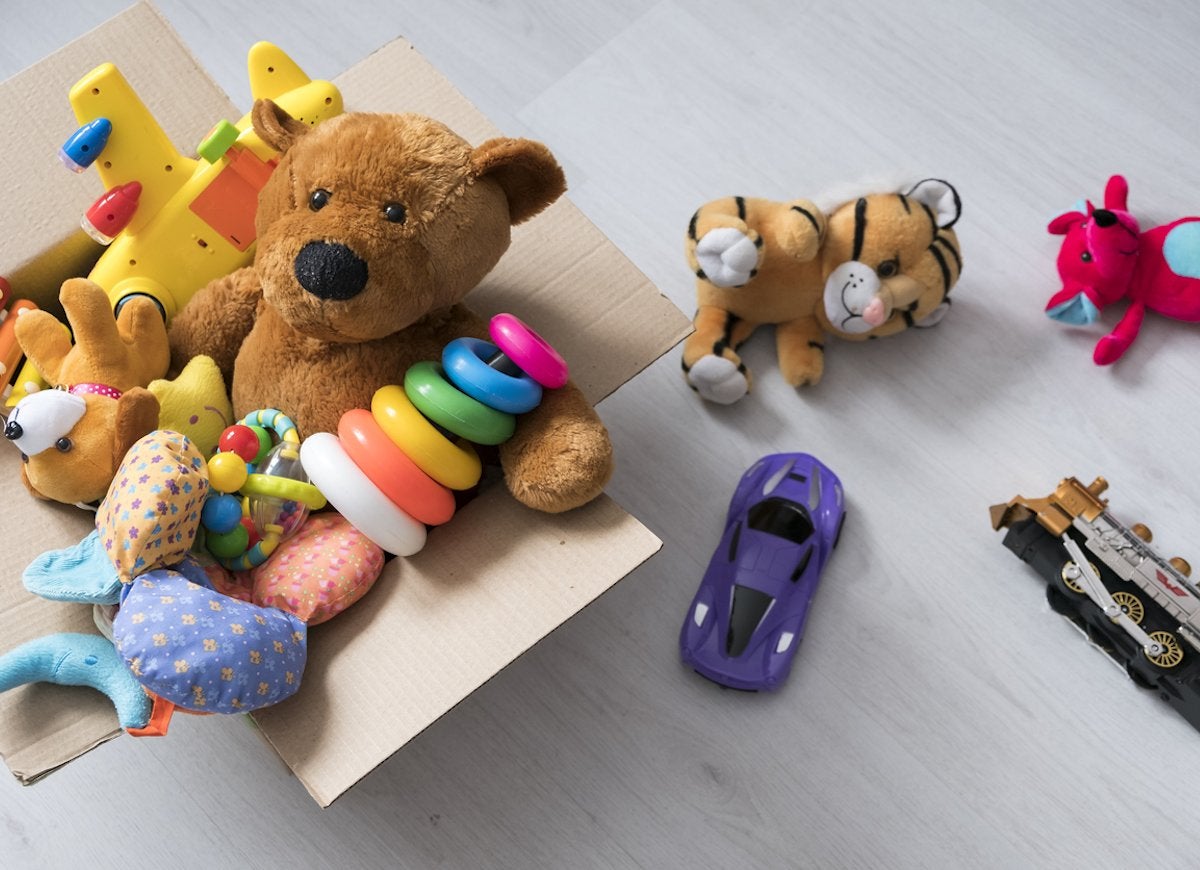
Old toys may be well loved, but they can also be bacteria-ridden, which explains why many thrift stores have no-toy policies. Before you try to donate toys, make sure they are clean and in good condition, then contact local thrift stores to see if they’ll take them. If they won’t, check with local childcare centers, houses of worship, social services, and charitable organizations to see if they can give your old toys a happy new home.
Related: The 10 Best Things to Buy Secondhand
CRT Electronics
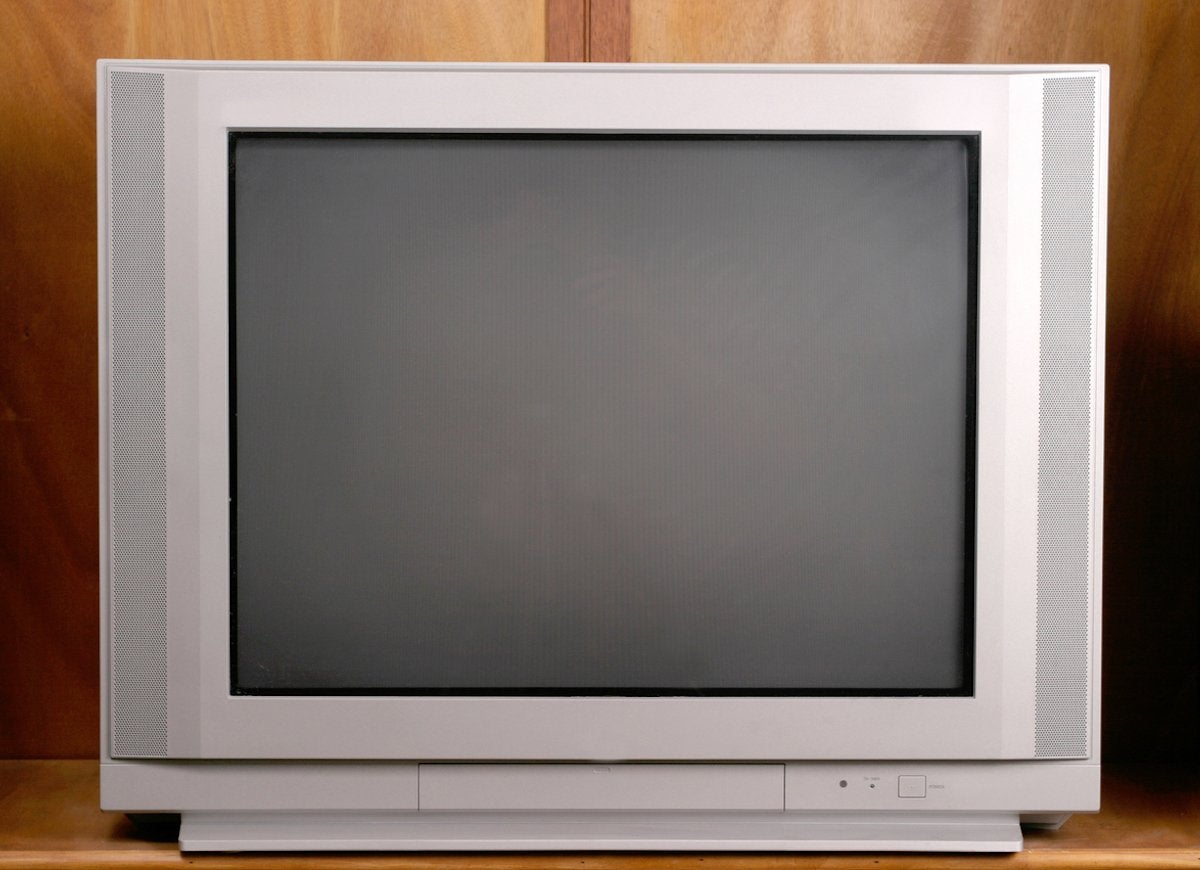
Cathode ray tubes (CRTs) have been replaced by LCD technology, which means that millions of old TVs and other CRT electronics have been, or are about to be, discarded. No one wants to buy these old CRT TVs, and the fact that each one contains, on average, six pounds of lead doesn’t enhance their appeal. To get rid of your old-style TVs, contact your local recycling center to find out about free e-waste events.
Anything Stained, Torn, or Smelly
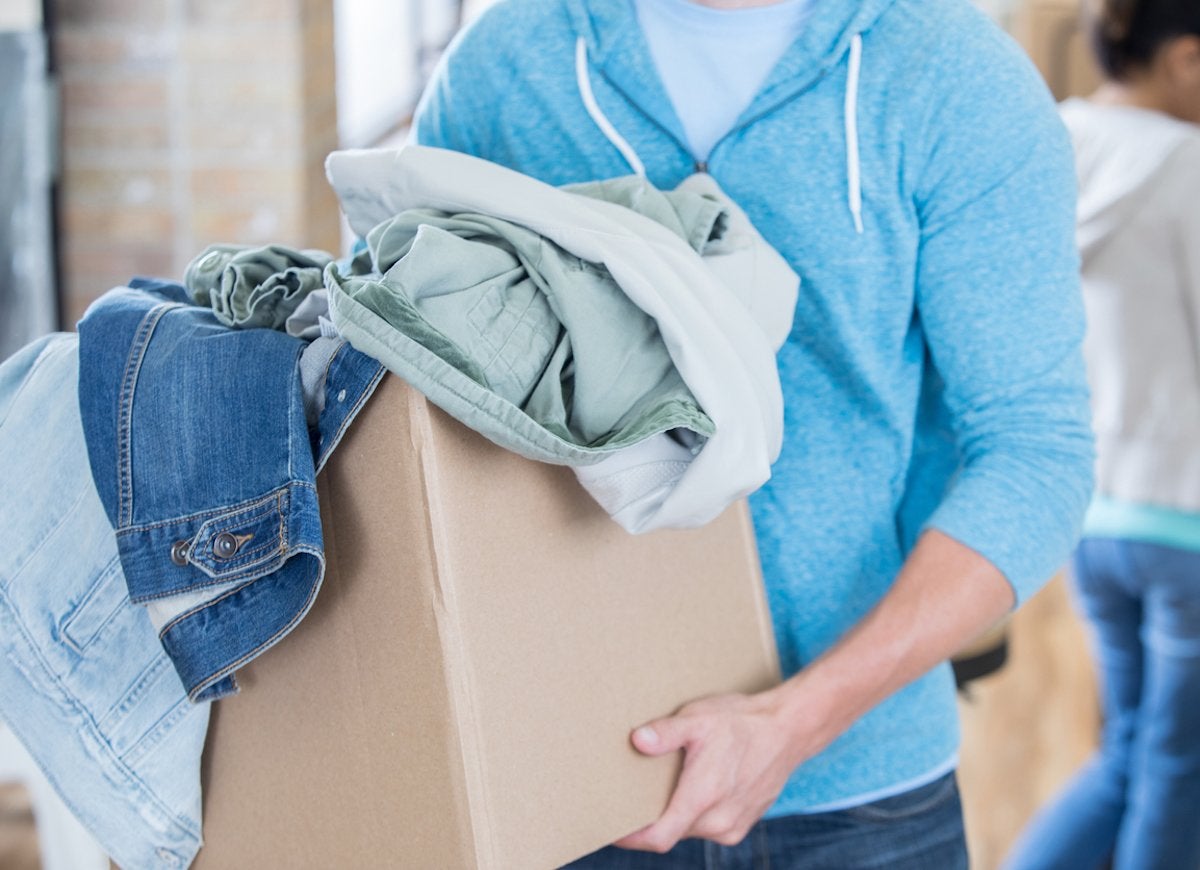
This is just common sense. Thrift stores are in the business of selling, and why would anyone buy visibly damaged and raggedy items? Don’t take anything to a thrift store that you don’t think a friend, neighbor, or family member would look at approvingly.
Pet-Loved Items

That sofa covered in cat hair? Get it professionally cleaned before donating. No store will accept furnishings coated with pet hair.
Particleboard Furniture
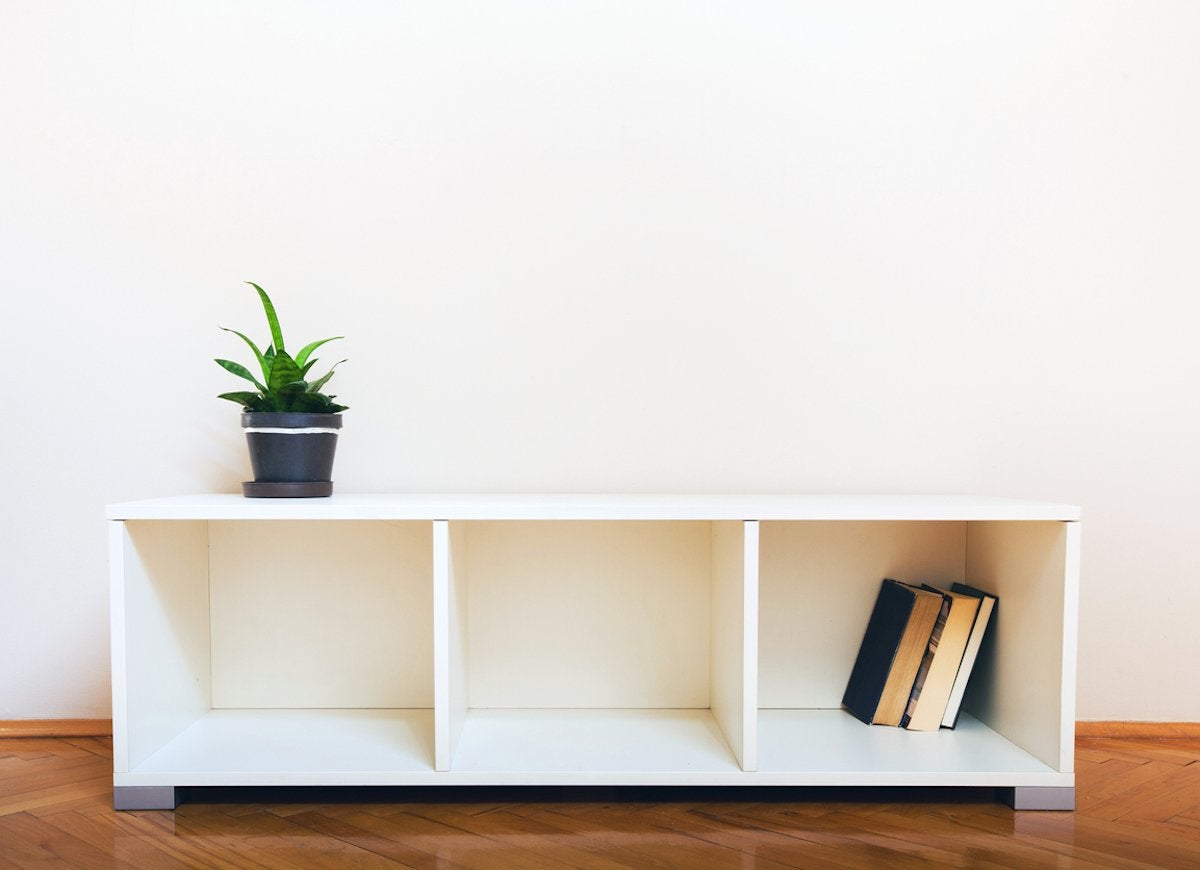
Some stores won’t accept scratched wood furniture, much less particleboard, which is easily damaged in transit or on the store floor. Call ahead before donating used furniture, and give a detailed description of your items. Don’t forget—many Goodwill and Salvation Army stores will arrange a pickup for good-quality furnishings and home goods.
Worn-Out Jeans

While most thrift stores will accept good-quality denim, no one wants to wear clothes that have been worn to the point that they’re falling apart. There are better ways to recycle your outdated denim than donating it to your local thrift store. In fact, several big retailers have initiated a jeans recycling program. Visit Blue Jeans Go Green for more information.
Wedding Dresses
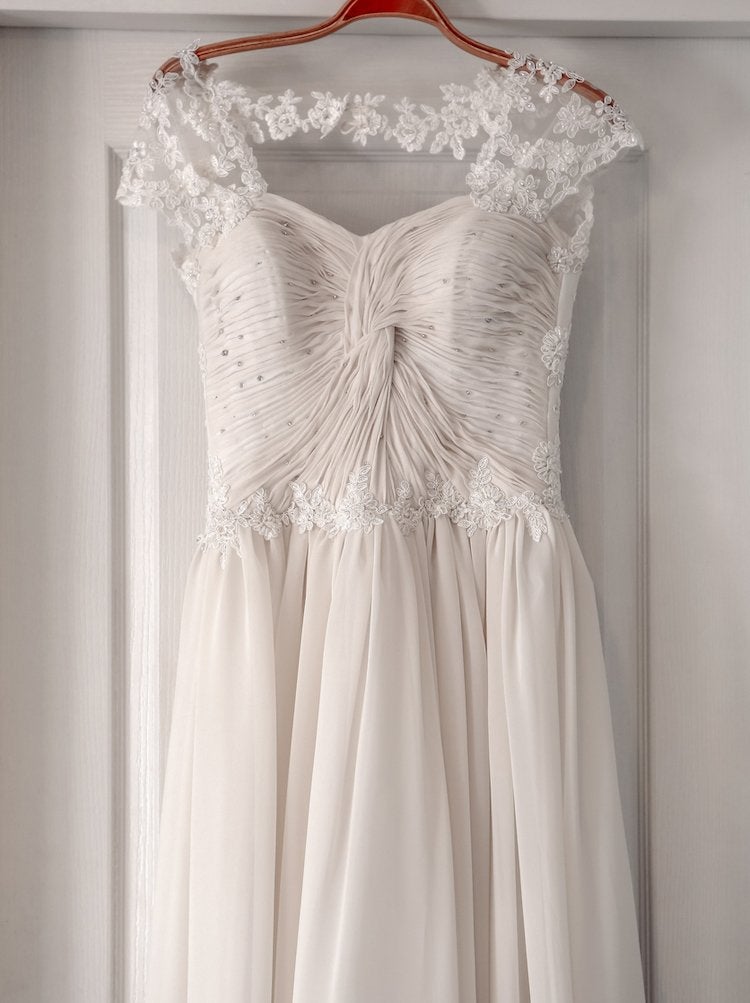
Want your wedding dress to go to a good home? Though many thrift stores would certainly accept it, you could instead send it to Brides Across America so that a military bride could have a one-of-a-kind gown for her big day. Also look online for other worthy organizations that need wedding gowns in good condition.
Related: The 10 Best Things to Buy Secondhand
Eyeglasses
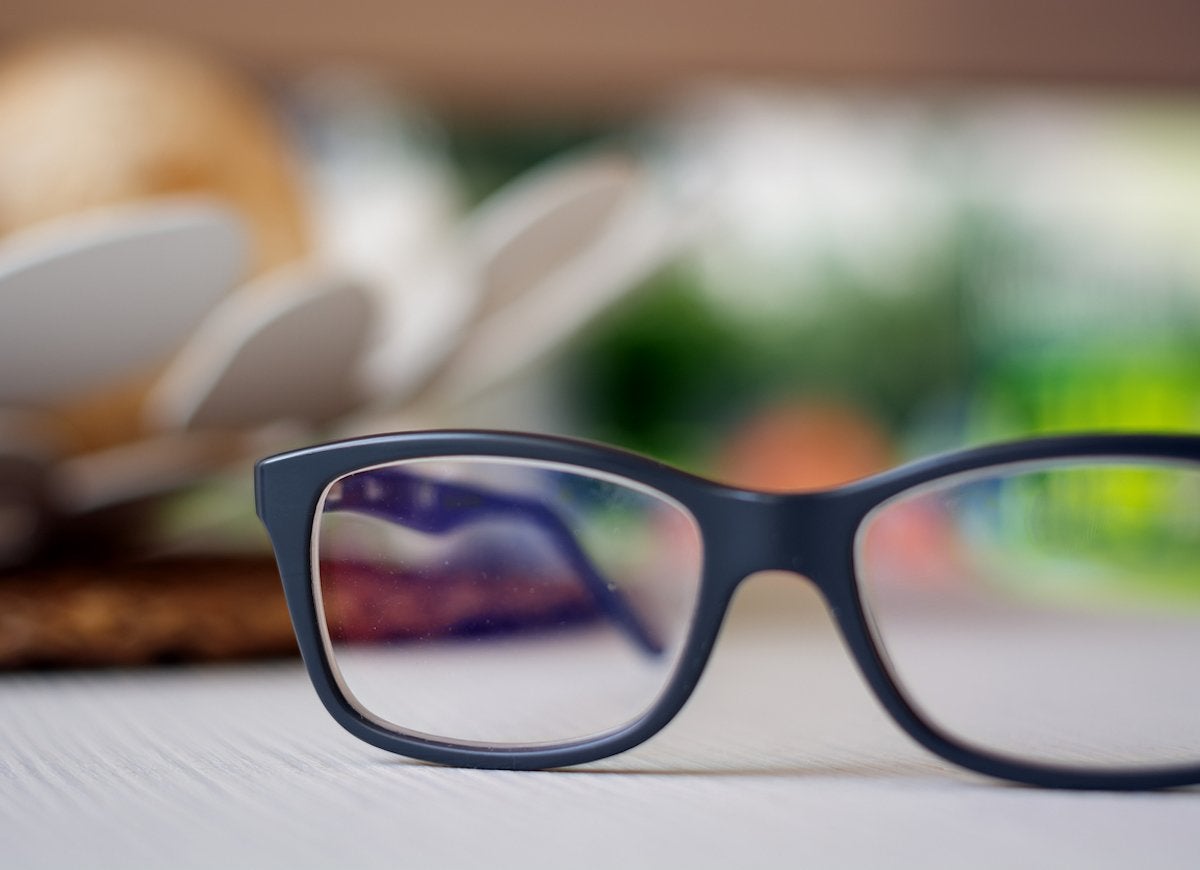
Nonprescription sunglasses are an easy yes for local thrift stores, but what about prescription glasses? It’s best to send them to organizations that can get those glasses to people who can actually use them. Lions Clubs have a longstanding eyeglass recycling program, as does New Eyes for the Needy, and some Goodwills team up with a nonprofit that provides glasses to those who need them.
Sneakers
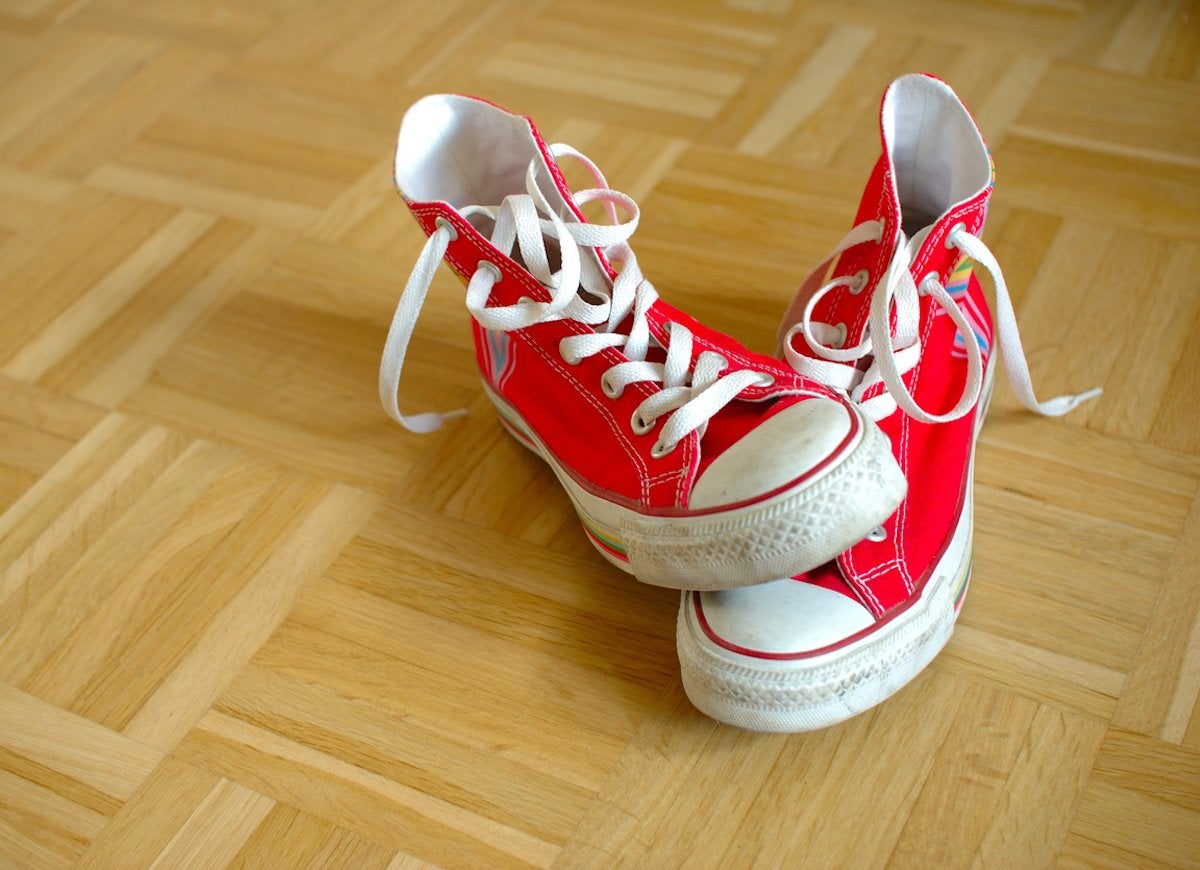
If you have a bunch of old sneakers to dispose of, don’t ditch them at your local thrift store, which may just chuck those worn Chucks in the trash. Consider a sneaker recycling program like Nike’s Reuse-a-Shoe instead. There are also nonprofits like Soles 4 Souls, which provides new and gently worn shoes to needy people around the world.
Pull Cord Blinds/Shades
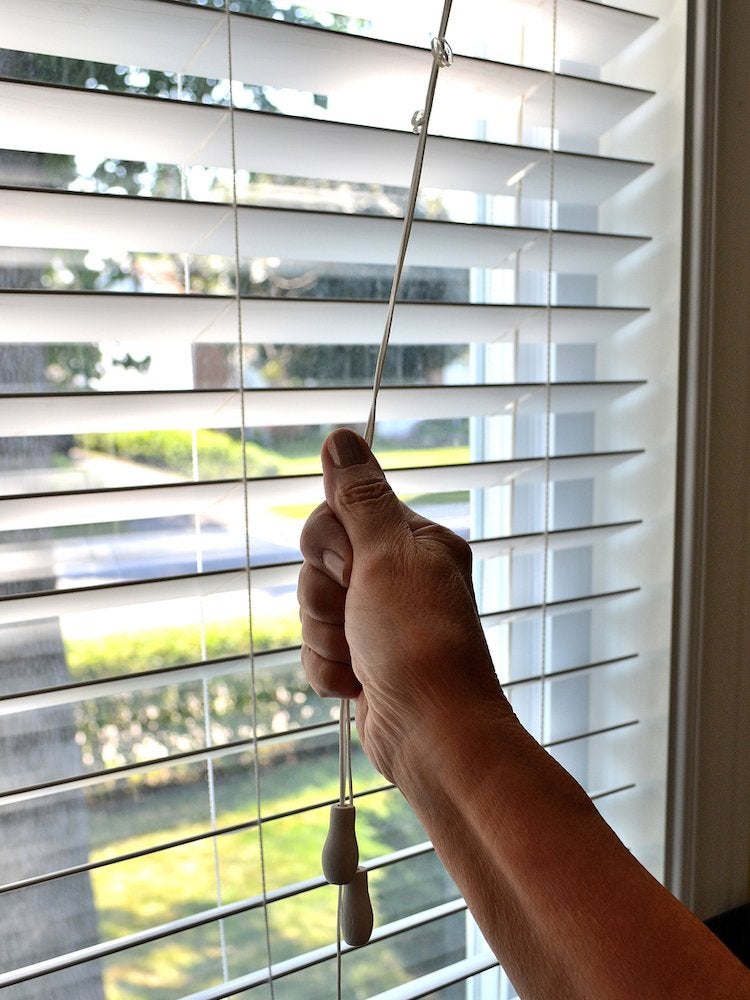
Pull cords on window blinds can be choking hazards for pets and small children—and thrift stores don’t want to sell dangerous home goods. If you have window treatments to get rid of, contact your local recycling center for advice.
Baskets

Call it the curse of the Easter basket. After holidays, thrift stores can be inundated with baskets of all sizes, and not all stores are interested in finding room for these space-hogging castoffs on their already overstuffed shelves. Instead of donating them, use baskets for tidying up at home, or place them in closets and on shelves for cheap, attractive storage.
Musical Instruments
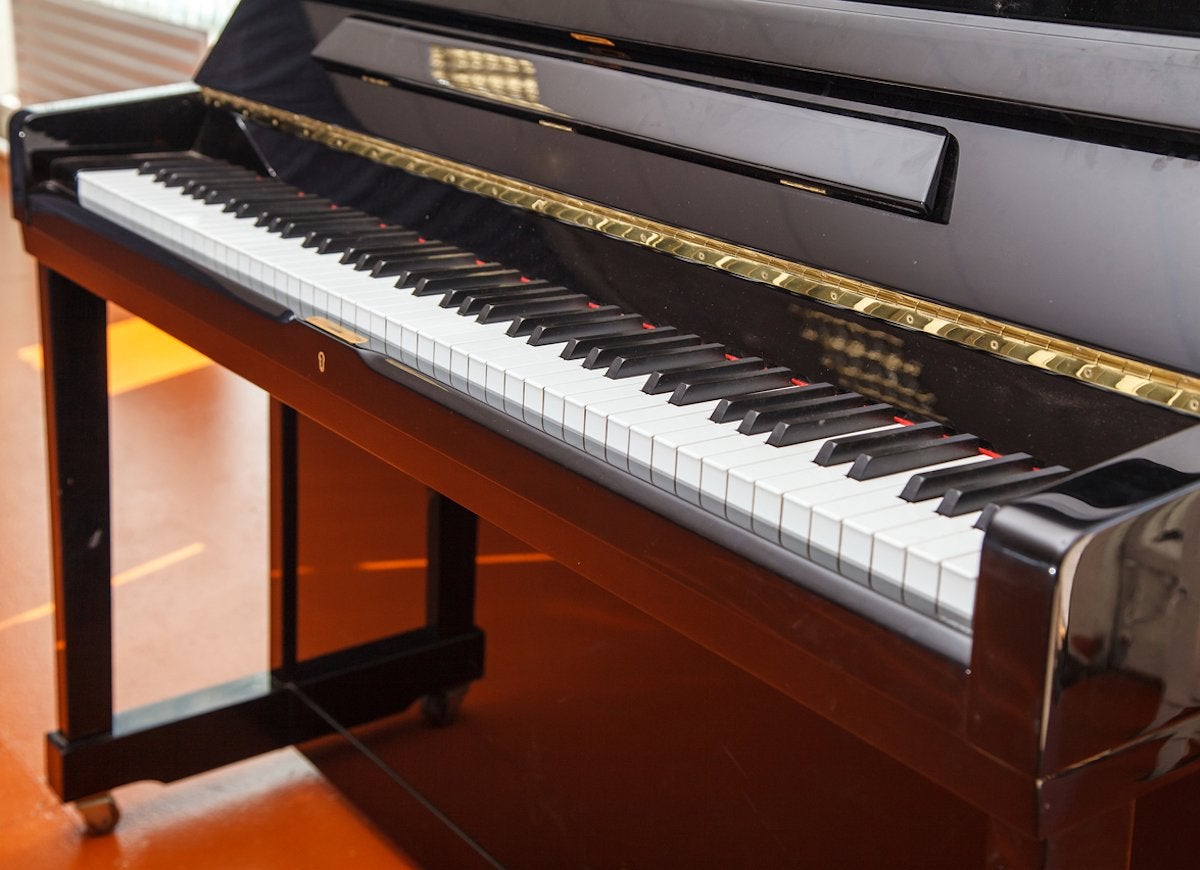
Most thrift stores don’t know what to do with a big piano or cello. The best homes for discarded musical instruments are local music charities and education programs. As well, some houses of worship and schools may have instrument donation programs, and some organizations hold periodic instrument drives.
Encyclopedias
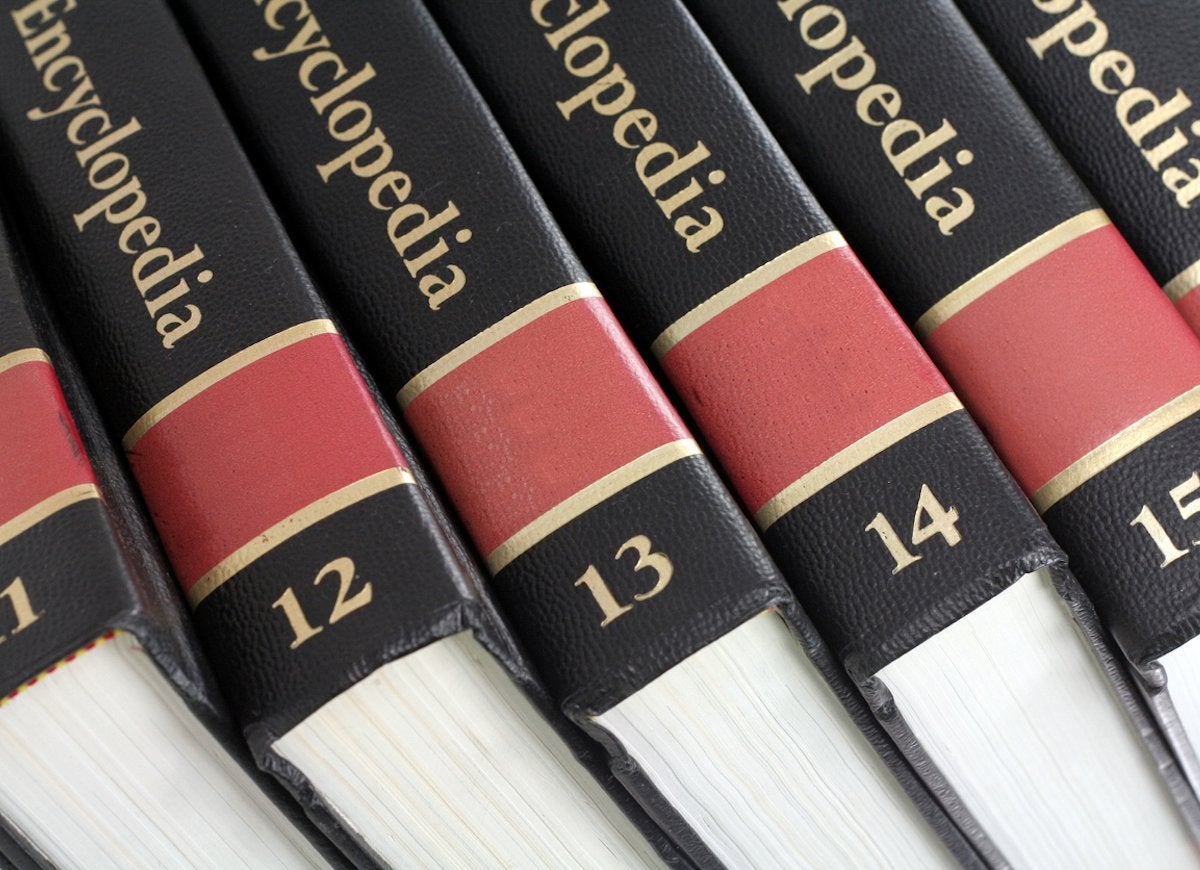
There was a time when a set of encyclopedias signaled membership in the middle class. Now, with the know-it-all Internet, they’re merely unwieldy doorstops. While thrift stores and even libraries won’t accept encyclopedias anymore, you can upcycle your encyclopedias into creative, at times quirky, home decor.
Toxic Materials

This may seem like a no-brainer, but household items that contain toxic chemicals or give off noxious fumes are generally not stocked by thrift stores. Potentially toxic items include household cleaners, used batteries, old tires, and aerosol products. Another tip? Don’t donate work clothes or drop cloths that are stained with chemicals.
Unintended Treasures
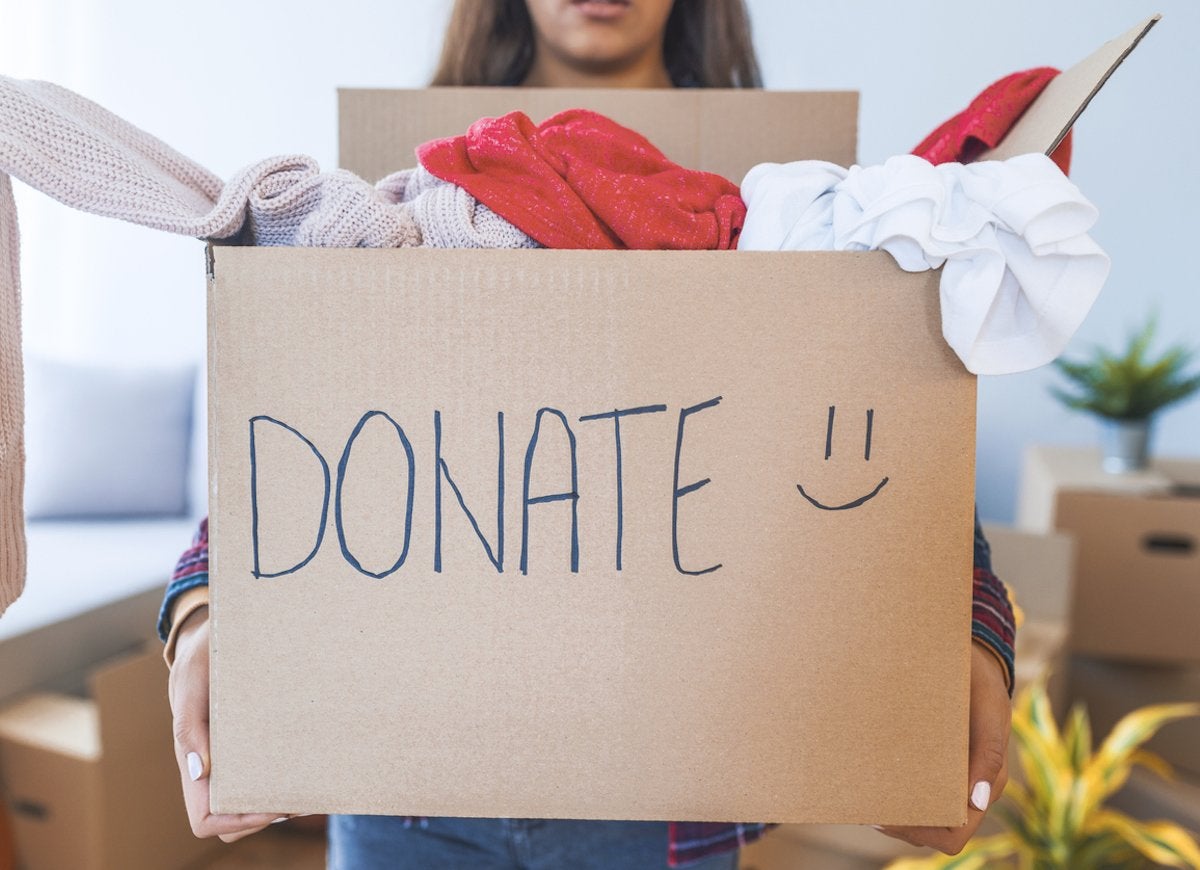
Check and double-check your donations before leaving them at a thrift store. People have been known to leave phones, jewelry, and important papers in boxes of donated goods. No thrift store wants the hassle of tracking down the owners of lost treasures.

Everything You Need for a Lush and Healthy Lawn
Keeping your grass green and your plants thriving doesn’t just take a green thumb—it starts with the right tools and supplies.
